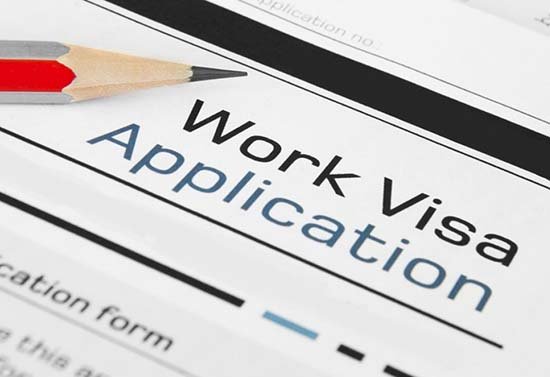Introduction
For African lawyers aspiring to practice law in the United States, navigating the process can be complex and challenging. This guide outlines the essential steps and requirements, including educational credentials, bar exams, and immigration considerations, to help you successfully transition your legal career to the U.S.
1. Understand the U.S. Legal System and Jurisdictional Requirements
a. Common Law vs. Civil Law Systems
– The U.S. legal system is based on common law, which may differ significantly from the legal systems in many African countries, particularly those with civil law traditions. Understanding these differences is crucial for adapting your practice to the U.S. context.
b. State-Specific Licensing Requirements
– The practice of law in the U.S. is regulated at the state level, meaning each state has its own set of rules and requirements for bar admission. Research the specific requirements of the state where you intend to practice, as they vary widely.
2. Educational Credentials and Equivalency
a. Evaluate Your Law Degree
– Most U.S. states require a Juris Doctor (J.D.) degree from an American Bar Association (ABA)-accredited law school. However, some states allow foreign-trained lawyers to sit for the bar exam if they meet specific educational and experiential criteria.
b. LL.M. Degree
– Pursuing a Master of Laws (LL.M.) degree from a U.S. law school is a common pathway for foreign lawyers. An LL.M. can help bridge gaps in education and provide an understanding of U.S. law, making you eligible to sit for the bar exam in certain states.
3. Bar Exam Eligibility and Preparation
a. Meeting Bar Exam Eligibility Requirements
– Some states, such as New York and California, permit foreign-trained lawyers to take the bar exam if they complete an LL.M. program or have a comparable legal education. Check specific state requirements for any additional coursework or experiential requirements.
b. Preparing for the Bar Exam
– The bar exam is a rigorous test that assesses your knowledge of U.S. law. Enroll in a reputable bar preparation course, and dedicate sufficient time to studying the core subjects covered in the exam.
4. Immigration Considerations
a. Visa Options for Lawyers
– H-1B Visa: Commonly used for foreign professionals, including lawyers, in specialty occupations. Requires a U.S. employer to sponsor the visa.
– O-1 Visa: This visa is for individuals with extraordinary ability in their field. It is suitable for lawyers with significant achievements and recognition.
– L-1 Visa: For lawyers transferring within a multinational firm to a U.S. office.
– J-1 Visa: This visa is for exchange visitors participating in a program that promotes the exchange of skills and knowledge, including legal training.
b. Green Card Options
– Consider employment-based green card options, such as the EB-2 with a National Interest Waiver (NIW), for lawyers with advanced degrees or exceptional ability. Family sponsorship and the Diversity Visa Lottery are also potential pathways.
5. Gaining Legal Experience in the U.S.
a. Internships and Clerkships
– Pursuing internships, clerkships, or volunteer positions with U.S. law firms, government agencies, or non-profit organizations can provide valuable experience and networking opportunities.
b. Networking and Professional Associations
– Joining professional associations, such as the American Bar Association (ABA) or state bar associations, can help you build connections, gain access to resources, and stay informed about the legal profession in the U.S.
6. Ethical and Professional Considerations
a. Understanding U.S. Legal Ethics
– Familiarize yourself with the ethical rules and standards governing the practice of law in the U.S., including the ABA Model Rules of Professional Conduct and state-specific ethics codes.
b. Continuing Legal Education (CLE)
– Many states require lawyers to regularly complete Continuing Legal Education (CLE) courses. Stay informed about CLE requirements and opportunities to maintain your license and keep your skills up to date.
Conclusion
Transitioning to a legal career in the United States as an African-trained lawyer requires careful planning, education, and compliance with state-specific regulations. At Empirefly immigration law firm, we specialize in guiding foreign-trained lawyers through the complex process of gaining eligibility and practicing law in the U.S. Contact us today for personalized assistance and expert advice to help you achieve your professional goals in the American legal landscape.




